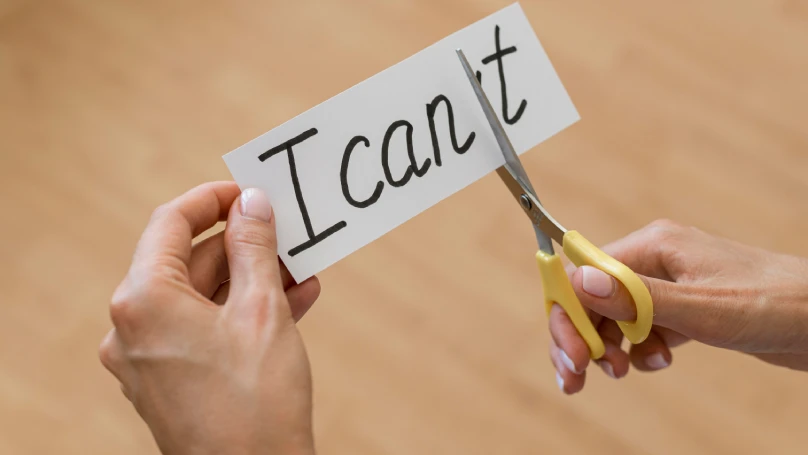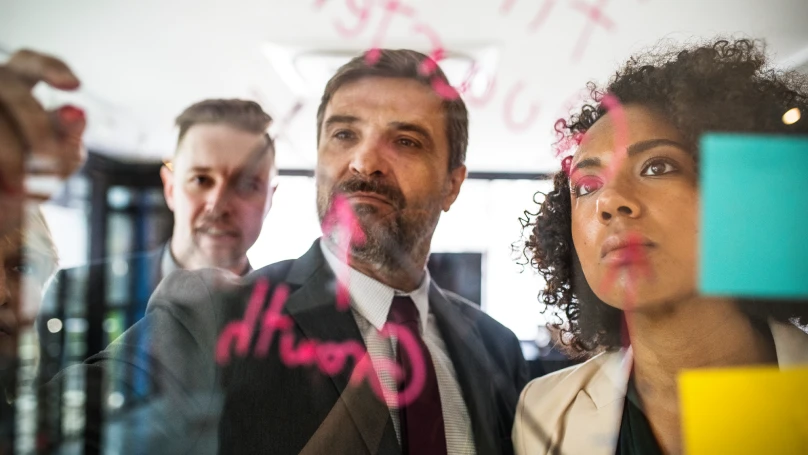Every successful social revolution begins with what has been a better question. Moral entrepreneurs bring about societal changes; they are the ones who chip away at the status quo tooth and nail, inspiring generations into transformations. With such great visionaries—be they individuals or groups—imbuing ethics in innovation, social deficiencies would not only become norms bringing change, from the abolition of slavery to contemporary activism in the environment, but they would also teach new ones.
So what fuels the moral entrepreneur? Their quest is to bring about social change in society. How do they create movements that change the cultural landscape? Every Serial Moral Entrepreneur has highlighted here their purpose, their battle, and how they are changing this world.
What Are Moral Entrepreneurs?
Moral entrepreneurs are people or groups who dedicate their lives to the establishment of new norms and ethical standards in society. They are the social architects in terms of the cultural blueprint directed at taking on injustices or out-of-date practices. First coined by sociologist Howard Becker, the term emphasizes the individuals’ preeminent role in shaping moral ideas. Be it 19th-century abolitionists or climate action activists of today, moral entrepreneurs tirelessly work toward uplifting the human condition.
It would indeed be a dismal world bereft of moral entrepreneurs. A world where civil rights, environmental protection, or even LGTB rights would not exist. They see the shortcomings of a society against the ideals it promotes. They act, seeking to mobilize communities, organizations, policymakers, and strong influencers to their cause. An example of such moral entrepreneurship at its best is the challenge for girls’ education by Malala Yousafzai and the campaign for climate change by Greta Thunberg.

Traits of Successful Moral Entrepreneurs
Apart from the common people who advocate on behalf of others, what makes moral entrepreneurs different? To start with, there is a kind of vision that can never yield; he is a visionary who will substitute “good enough” for nothing. They also use excellent communication skills to mobilize the masses. The other important ingredient is empathy, or profound comprehension concerning what interests are at stake, which is the recipe that sets the stage for change.
Here’s the big secret: moral entrepreneurs do not speak; they do things. They use a social media platform to start movements. Remember that #MeToo? It was one of those instances where wedging a moral cause through technology could be springboarding and another world discussion. Beyond social platforms, moral entrepreneurs build coalitions uniting like-minded individuals and organizations to create lasting impact.

Challenges Faced by Moral Entrepreneurs
There isn’t always just the sun shining and rainbows sprouting forth. Moral entrepreneurs often face considerable resistance from very different quarters. To the Traditionalist, that’s just plain disruption; the long-standing norms and systems must remain unchanged. These societal gatekeepers can weigh heavily upon the journey of a moral entrepreneur. They are further threatened by bureaucratic red tape and legal obstacles that often delay their initiatives or even completely derail them. Thus, they find themselves entangled in a labyrinth of paperwork and policy hurdles that are dangerously circumspect and need precision in navigation.
There is no underestimating the mental or emotional tools that this kind of work can take. Supporting change over what is typically a controversial issue can result in burnout, feelings of alienation, and threats to personal safety. Most moral entrepreneurs find themselves in situations where they are obliged, continually, to defend their character and motivations, which is exhausting in the long term. But in the face of such odds, resilience often nourished by a deep tenet in their cause becomes the greatest asset-and it is this that strengthens them against adversity. That possible ally turns into his reckless stumbling block; yet, he finds it exactly what propels him to keep pushing limits, trying to better the world as he sees it.

Modern-Day Moral Entrepreneurs
The moral entrepreneurs of today redefine the game and inspire new strategies for injecting passion for change on a global scale. Figures like Greta Thunberg, Malala Yousafzai, and Bryan Stevenson exemplify how one determined individual can spark movements that inspire millions. A typical example is Thunberg’s solo school banter, which began as a single student’s protest over climate change and morphed into a global effort involving countless activists. In the same vein, Malala’s journey from a tiny town in Pakistan to global advocacy for girls’ education demonstrates the transforming vision that remains consistent in determining the destination and purpose in life.
Today’s moral entrepreneurs differ from the earlier ones in that they possess the requisite technological and media proficiency. Social platforms like Twitter, Instagram, and TikTok are the microphones through which they broadcast their voice and reach innumerable audiences almost immediately.
Further, modern moral entrepreneurs are often multi-pronged, reaching grassroots and incorporating organizations and policymakers, even multinational corporations, in the pursuit of their transformative agenda. Take, for example, Bryan Stevenson, founder of the Equal Justice Initiative, who relied on a blend of legal advocacy and public education to rattle racial injustice in the United States. The creation of the National Memorial for Peace and Justice, for example, is an effort on his part that has stirred nationwide conversations about America’s history and the need for change.
Undoubtedly successful, but today’s moral entrepreneurs still struggle with cyberbullying and other messy complexities in their lives and careers and face even bigger obstacles, such as harassment from people online.

Conclusion
Social change is driven by moral entrepreneurs in society, willing to challenge historical and often taken-for-granted norms and behaviors. They become lighthouse beacons in dark and stormy times, using their vision, work, and morality to build bridges between what is and what can be. Their relentless labor has produced a seismic movement from civil rights to environmental justice, proving that one’s efforts can cause ripples across communities and the world when aligned with a larger goal.
Moral entrepreneurs are never as critical as they have been, and the evidence pours forth that transformation is becoming ubiquitous. Be it on climate change, having a voice for the unheard, or even trying out new ways to solve a centuries-old challenge, such torchbearers have inspired several to dream big and interesting transformations among the greater masses. They have reminded us that transformation is not so magical, but otherwise has to be made. You could be the next leading moral entrepreneur; why not start today? Are you encouraged to learn more about entrepreneurship and its meanings? Read our article on What Does Entrepreneurship Mean? to learn more. Let’s turn into action.











